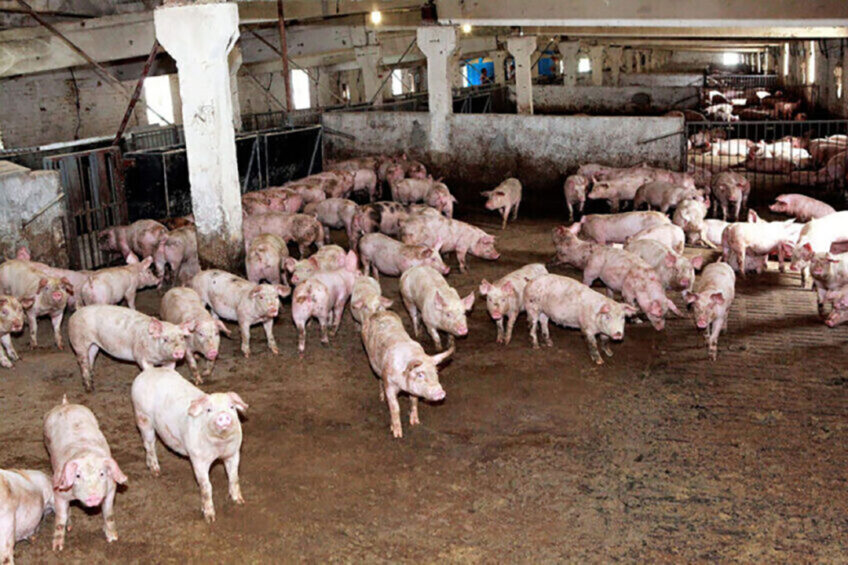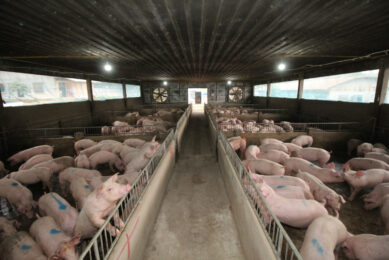ASF Ukraine: number of outbreaks drops

Ukraine registered only 7 outbreaks of African Swine Fever (ASF) in 2022. No industrial farms reported outbreaks so far, the Ukrainian veterinary watchdog Gosvetphitoslyuzba reported. This is the lowest level in the past several years. At the same date last year, Gosvetphitoslyuzba registered 11 ASF outbreaks.
The number of ASF outbreaks in Ukraine has been steadily declining since setting the record of 145 cases in 2018. In 2019, it stood at 53, and in 2018 at 28.
ASF outbreaks on 3 Ukrainian pig farms
All outbreaks this year stem from the west of the Dnypro river: in Kiev, Chernihiv, Zhitomir and Kirovograd regions. Officials registered only 3 outbreaks at pig farms this year. In each case, they found them on small individual farms. In addition, they reported 2 outbreaks among wild boar, and 2 more involved ASF-infected food.
Problems with counting
No ASF outbreak has been registered east on the Dnypro river, at the territories primarily affected by the Russian invasion. In 2021, several outbreaks were discovered at the territories of the Kherson and Zhaporozhie regions, which are currently partly occupied by Russian forces.
The Ukrainian pork producers association has reported that several pig farms ended up at the territories not controlled by Kiev. In most cases, even farm owners have little to no information about the conditions of their production assets, barring the veterinary officials.
The Ukrainian pig farmers association said it had no information about the present ASF situation in Ukraine, including the territories under the Russian occupation.
Pork shortage worsens
In the meantime, shops in Ukraine are selling deep-frozen pork now. There are almost no leftovers of chilled products, the Ukrainian pig farmer Alexey Sobolev recently told the local press.
As numerous pig farms in Ukraine are located in the areas of active hostilities or those under temporary occupation, the country might have to boost import from Europe to meet domestic demand. Sobolev said that meat-processing plants and slaughterhouses across the country currently operate at a low-capacity utilisation ratio.
Smuggling
He explained that meat companies do not want to take pigs from the Kharkiv and Dnipro regions, since travelling out there is dangerous due to continuous shelling. In addition, the shortage emerges because smugglers took some quantities of chilled pork from Poland in the previous years. Currently, the border is closed, so the smuggling almost stopped, Sobolev said.











